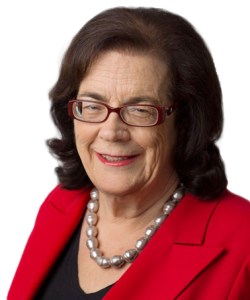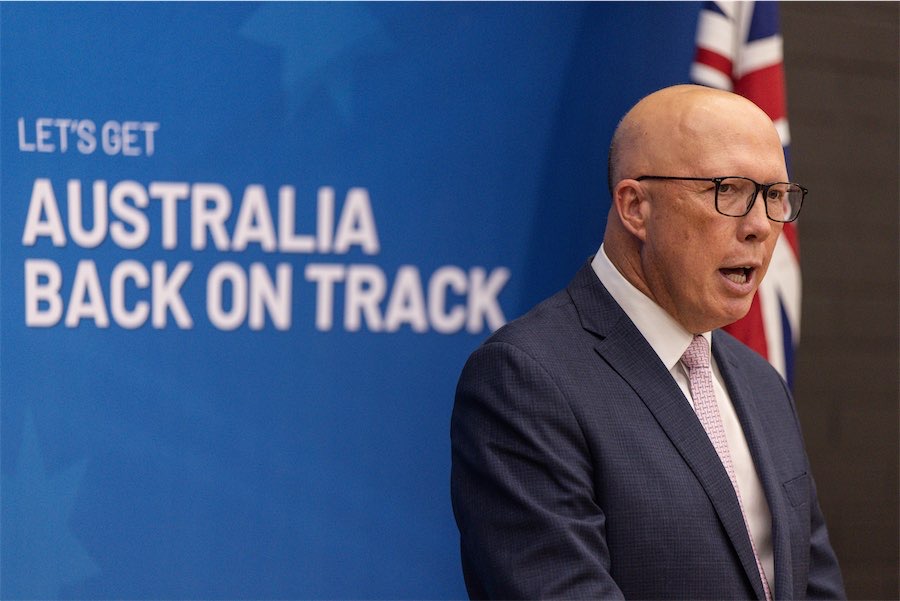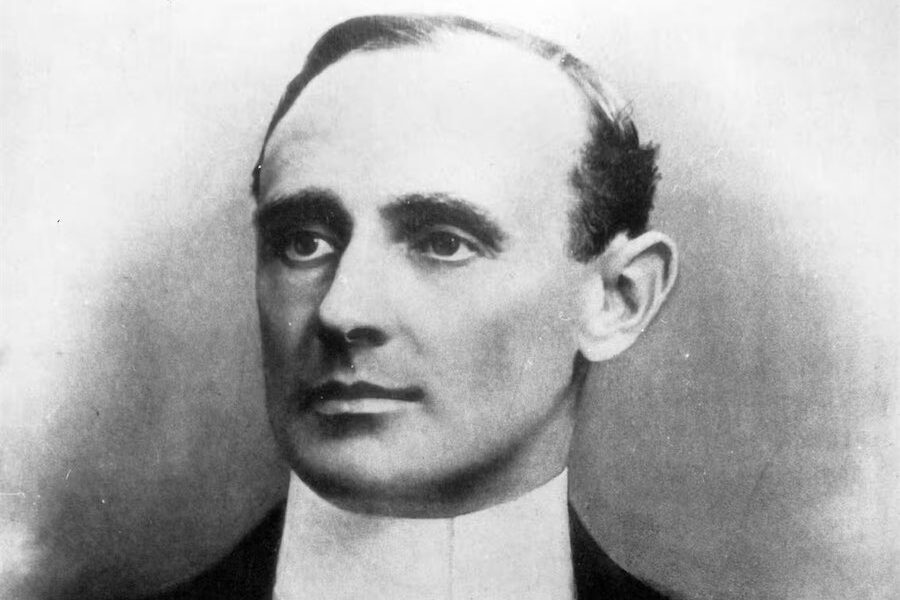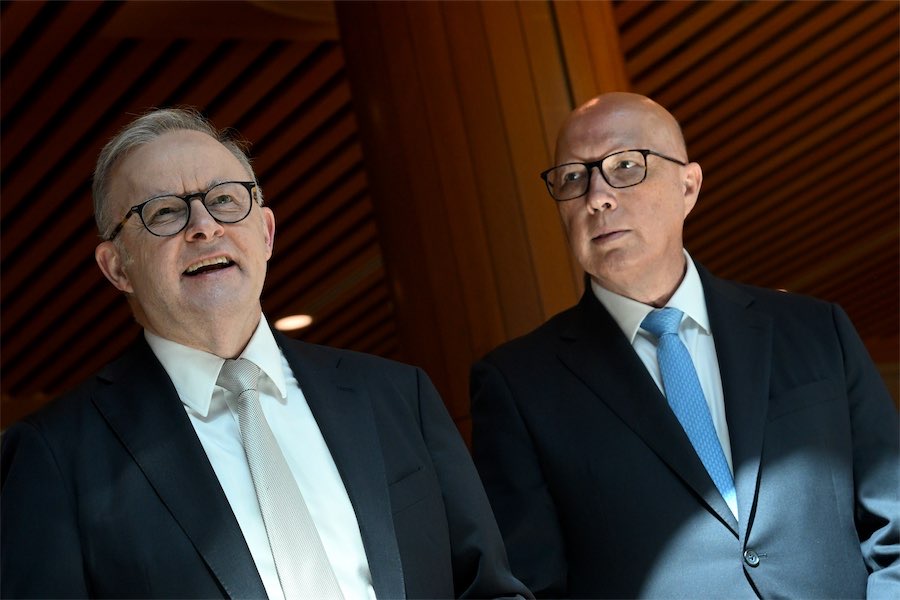
Labor will have a bigger frontbench reshuffle than earlier anticipated, with Kristina Keneally failing to win her Sydney seat and Terri Butler defeated in her Brisbane seat, writes MICHELLE GRATTAN.
THE transition from one government to another involves a democratic miracle and a physical mess.

In parliament house’s ministerial wing on Monday, shredding machines were working flat out, fragments of their massive output leaving a light snowstorm on the blue corridor carpet as it was carted away.
Cardboard boxes had been delivered; enormous wheelie bins were everywhere. How many hours had gone into preparing and working on all those papers suddenly no longer needed, or needing quick and confidential disposal?
On the Labor side, the move into power has the air of disorderly order. Staffers still carry a touch of that slightly casual demeanour of opposition. Many frontbenchers are preparing for their new responsibilities from existing digs in other places.
With Anthony Albanese and Penny Wong attending the meeting of the QUAD (comprising the US, Japan, India and Australia) in Tokyo on Tuesday, they and a handful of colleagues were sworn in early Monday.
In what must be some kind of record, Deputy Prime Minister Richard Marles is already acting prime minister, minding Labor’s new shop until Albanese returns on Wednesday. Marles, who was shadow minister for national reconstruction, continues coy about whether he’ll be defence minister.
Treasurer Jim Charmers and Finance Minister Katy Gallagher are starting cautiously on the work of government, mindful of (as Labor kept saying in the campaign) not getting ahead of themselves until the whole ministry is in place.
Last seats are still being finalised. Labor will have a bigger frontbench reshuffle than earlier anticipated, with Kristina Keneally failing to win the Sydney seat of Fowler and Terri Butler defeated in her Brisbane seat of Griffith. Keneally had home affairs and Butler the environment portfolio in opposition.
At Albanese’s first news conference in the prime minister’s “blue room” the Aboriginal and Torres Strait Islander flags had been added to the always-present Australian flag.
Albanese said Labor’s caucus would meet on Tuesday next week, and the new ministry would be sworn in Wednesday. The ministry will then meet, as will the cabinet national security committee and the expenditure review committee.
The prime minister said he thought his government would reach majority.
But anyway, he’d had discussions with the re-elected crossbenchers Rebekha Sharkie, Bob Katter, Andrew Wilkie, Helen Haines and Zali Steggall. He’d received confirmation from them “that they would not support any no confidence motions against the government and that they would also secure supply.”
“They will consider legislation on its merits,” he said, adding “I will treat them with respect.”
The government would “resume parliament in a very orderly way”, Albanese said, without specifying when, beyond saying it would be before the end of July, and might be much earlier.
“There is a number of international events some of which are public, some of which are not, which need to be accommodated,” he said. “The other issue is, I will try to run a family-friendly parliament – there are school holidays in July.”
The new PM was anxious to send a message of “how valued our public servants are”.
The arrangements around his trip to Japan were organised in pre-election consultations with the public service, and Labor seems impressed with the briefings frontbenchers received to discuss their portfolio areas in the event of a win.
Albanese’s message contrasted with Scott Morrison’s more dismissive attitude towards the bureaucracy, which he saw as part of the “Canberra bubble”.
“We won’t be sacking public servants,” Albanese said. “We will be valuing public servants and respecting them.”
But the most senior federal public servant, Phil Gaetjens, who headed the prime minister’s department under Morrison and had come under sustained Labor attack for being political, was already gone. Jumped before he was pushed, it seems. The Australian Financial Review reported he went on leave.
Albanese met with the Department of the Prime Minister and Cabinet on Sunday, when a deputy secretary, Stephanie Foster became its acting head. The new secretary will be announced soon.
Like Labor, the opposition parties will meet next week.
On Monday Alan Tudge, who had made himself scarce during the campaign, emerged to declare unequivocally “Peter Dutton will be [Liberal] leader”.
Josh Frydenberg finally conceded in Kooyong, while Liberal senator Sarah Henderson said the party needed him back into the parliament.
Various Liberals debated whether the party should move to the left or the right.
Meanwhile the Nationals were, as usual, looking counter-intuitive.
With the Liberals losing a swag of seats, the Nationals held all theirs, and gained an extra senator. But in teal seats the name of Nationals leader Barnaby Joyce was constantly invoked, and the Liberals suffered by way of association with him.
There are now mutterings about whether there could, or should, be a challenge against Joyce.
Former leader Michael McCormack has not ruled out a move, and eyes are on deputy leader David Littleproud.
Joyce told the ABC on Monday night: “I’m quite at ease with the democratic process”.![]()
Michelle Grattan, Professorial Fellow, University of Canberra. This article is republished from The Conversation under a Creative Commons license.
Who can be trusted?
In a world of spin and confusion, there’s never been a more important time to support independent journalism in Canberra.
If you trust our work online and want to enforce the power of independent voices, I invite you to make a small contribution.
Every dollar of support is invested back into our journalism to help keep citynews.com.au strong and free.
Thank you,
Ian Meikle, editor




Leave a Reply